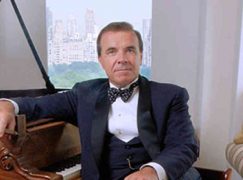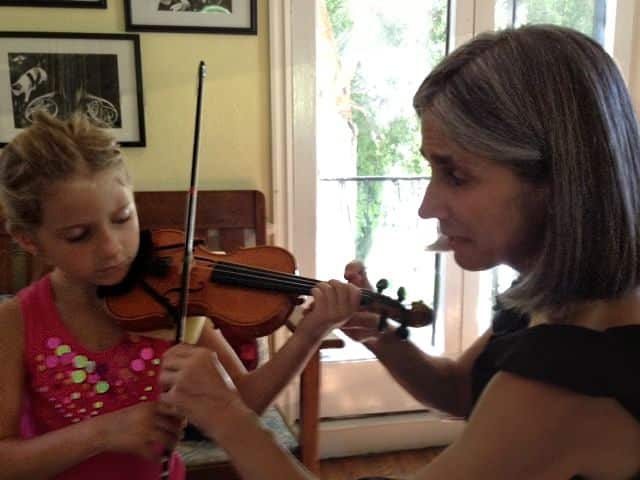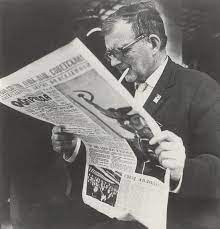Pianist, 72, returns to stage after 19-year absence
mainMisha Dichter is back at Carnegie Hall.
Once upon a time that would have been a routine concert announcement.
But Dichter, 72, hasn’t mounted a New York stage since 1999 when he was diagnosed with Dupuytren’s contracture, a condition that causes deformation in the hands.
He has undergone two rounds of surgery and much rehab.
But Dichter kept saying that to abandon playing the piano ‘would destroy me as a person.’
Read full story here.






Comments